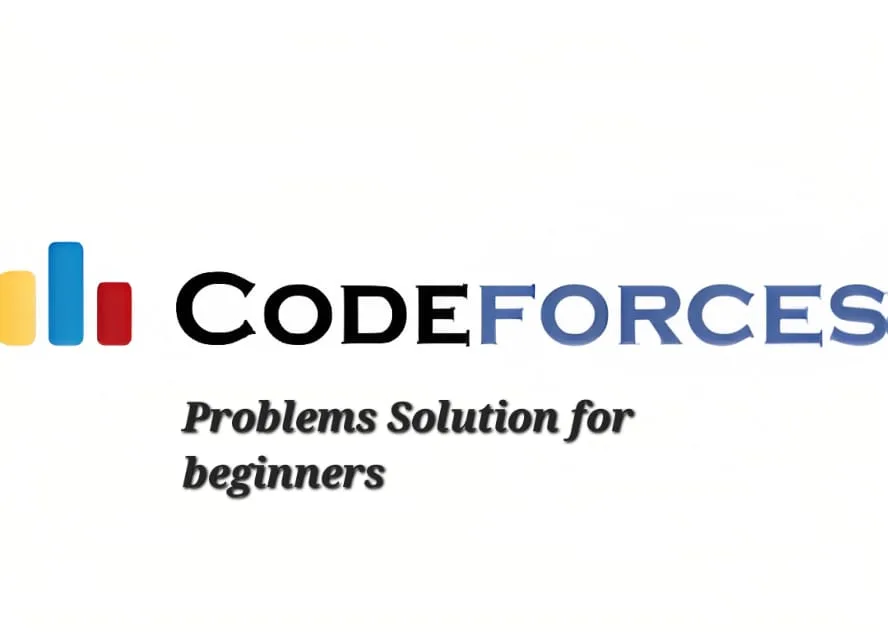Java Programming for Beginners
Programming is impossible to think without the Java programming language as it has become one of the most popular and versatile programming languages in the world today. The fact that Java is platform-independent, robust, and able to develop sophisticated applications makes it suitable for beginner and expert program developers. In case you are a student attempting Java programming for the very first time or someone looking for new coding languages, this guide has been tailored to ensure you grasp the essentials of Java programming easily and even implement it with practical examples and explanations.
Introduction to Java Programming
Java is a high-level programming language that is considered object-oriented and was initially developed by Sun Microsystems in 1995. The aim of the language was to design programs that run on all devices and all platforms, without needing recompilation. Due to this particular design constraint, it has become among the most dominant languages in cross-platform application development.
Java operates on the WORA (Write Once, Run Anywhere) principle, enabled chiefly by the Java Virtual Machine. With its advanced memory management, garbage collection, and multi-threading capabilities, Java is typically employed in the development of anything from consumer-grade mobile software to large-scale enterprise solutions.
Installing Java Development Kit (JDK)
To get started with Java, the first step is to install the Java Development Kit (JDK), which includes the JVM, libraries, and tools for compiling and running Java programs. You can download the latest JDK from Oracle’s official website.
Steps to Install JDK:
- Download the appropriate JDK version for your OS.
- Run the installer and follow the prompts.
- Set the environment variables (JAVA_HOME) to ensure your machine recognizes Java commands.
Your First Java Program: “Hello World”
Once the JDK is installed, it’s time to write your first Java program: a simple “Hello World” application.
public class HelloWorld {
public static void main(String[] args) {
System.out.println("Hello, World!");
}
}Explanation:
public class HelloWorld: Defines the class.public static void main: The entry point of any Java program.System.out.println: Prints the text to the console.
Data Types and Variables in Java
In Java, data types define the kind of data that a variable can hold. These are broadly classified into two types: primitive and non-primitive data types.
- Primitive Types:
int,float,char,boolean, etc. - Non-Primitive Types: Classes, Arrays, Strings, etc.
Example:
int number = 10;
float decimal = 5.5f;
char letter = 'A';
boolean isJavaFun = true;Operators in Java
Java provides several types of operators that allow you to perform operations on variables and values.
Arithmetic Operators: +, -, *, /, %
Relational Operators: ==, !=, >, <, >=, <=
Logical Operators: &&, ||, !
Control Flow Statements: if, else, and switch
Control flow statements allow you to direct the execution of your program based on certain conditions.
If-Else Statement:
if (condition) {
// Code to be executed if condition is true
} else {
// Code to be executed if condition is false
}Switch Statement:
switch (variable) {
case value1:
// Code for case 1
break;
case value2:
// Code for case 2
break;
default:
// Default code
}Loops in Java: for, while, do-while
Java provides various loops to repeatedly execute a block of code until a specified condition is met.
- For Loop:
for (int i = 0; i < 5; i++) {
System.out.println(i);
}- While Loop:
int i = 0;
while (i < 5) {
System.out.println(i);
i++;
}Arrays in Java
Arrays are used to store multiple values in a single variable.
Example:
int[] numbers = {1, 2, 3, 4, 5};
System.out.println(numbers[0]); // Output: 1Object-Oriented Programming (OOP) in Java
Java is heavily based on OOP principles. The four main pillars of OOP are:
- Classes and Objects: Objects are instances of classes.
- Inheritance: One class can inherit the properties and methods of another.
- Polymorphism: Objects can take on multiple forms (e.g., method overloading).
- Encapsulation: Protecting the internal state of objects by making fields private.
- Abstraction: Hiding the complexity by exposing only the essential details.
Exception Handling in Java
Java uses exception handling to handle runtime errors. The most common blocks are try, catch, finally, and throw.
try {
// Code that may throw an exception
} catch (Exception e) {
// Code to handle the exception
} finally {
// Code that will execute no matter what
}Java Input and Output (I/O)
Java provides the java.io package for handling input and output (I/O) operations.
Example for reading input from the user:
import java.util.Scanner;
Scanner scanner = new Scanner(System.in);
System.out.println("Enter a number: ");
int number = scanner.nextInt();
System.out.println("You entered: " + number);Common Mistakes to Avoid in Java Programming
- Misusing semicolons and braces.
- Forgetting to initialize variables.
- Ignoring exception handling.
- Confusing
==andequals()for comparing objects.
Best Practices for Writing Clean and Efficient Java Code
- Follow consistent naming conventions.
- Write modular code by breaking tasks into methods.
- Avoid deep nesting of loops and conditionals.
- Comment your code where necessary.
- Optimize for readability and maintainability.
FAQs on Java Programming
- What is Java used for? Java is used for web development, mobile applications, desktop software, and enterprise-level applications.
- Is Java still relevant in 2024? Yes, Java remains one of the most in-demand programming languages, especially for large-scale applications.
- What are the alternatives to Java? Some alternatives include Python, C#, and Kotlin for Android development.
.




